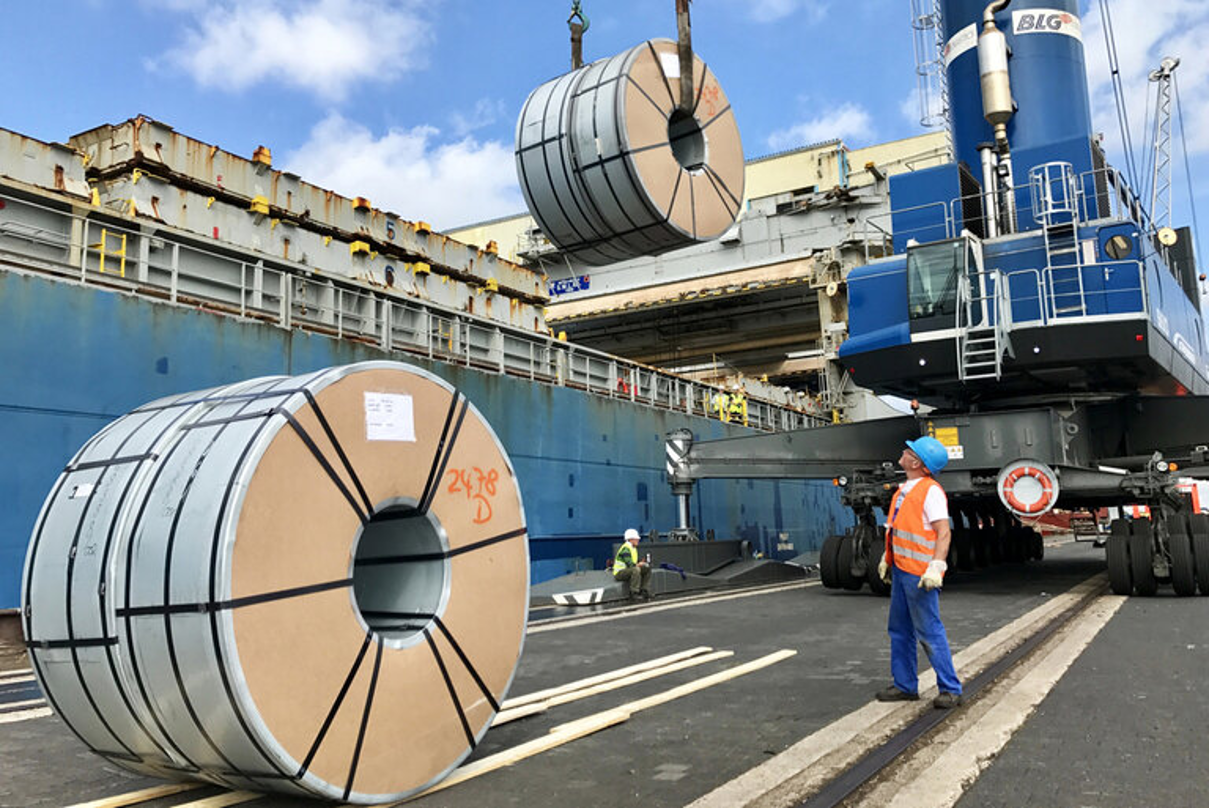Canada
October 4, 2024
China challenges Canada’s tariffs on steel, aluminum, EVs
Written by Laura Miller
China is challenging Canada’s decision to impose tariffs on imports of Chinese steel, aluminum, and electric vehicles.
The 25% tariffs on Chinese steel and aluminum, announced by the Canadian government in late August, won’t go into effect until Oct. 15.
But collection of the 100% tariffs on EVs began on Oct. 1.
China wasted no time in responding. On Wednesday, Oct. 2, China’s Ministry of Commerce announced its intentions to dispute the tariffs at the World Trade Organization (WTO).
“China has filed a lawsuit against Canada’s unilateralism and trade protectionism in the WTO and has launched an anti-discrimination investigation into Canada’s restrictive measures,” a Ministry spokesperson said.
“Canada should view bilateral economic and trade cooperation rationally and objectively, respect facts, abide by WTO rules, and not go further and further down the wrong path,” they added.
After Canada first announced the tariffs in late August, China retaliated by launching an antidumping investigation into its imports of canola oil from Canada.
“China’s antidumping investigation on canola imports from Canada is fundamentally different from the discriminatory measures taken by Canada in violation of WTO rules,” the Ministry spokesperson said. They added that AD cases are legitimate and WTO-compliant.
Of note on Canadian tariffs
Canada has provided lists of the products covered under the new tariffs: The metals items can be found here, and the EV list can be found here.
The Canadian government noted that “the surtaxes will not apply to Chinese goods that are in transit to Canada on the day on which these surtaxes come into force.”
It said it would review the surtaxes a year after implementation to consider extending them or supplementing them with additional measures.
Canadian steel industry cheers
Canada’s steel industry had previously called for the alignment of tariffs with the US and welcomed the levies.
“With this tariff alignment with our CUSMA partners, the US and Mexico, we are protecting the North American trading space against China’s state-sponsored excess capacity and its destructive effects on our markets,” said Catherine Cobden, president and CEO of the Canadian Steel Producers Association (CSPA).
The tariffs “will align us with our largest trading partner and protect our highly integrated North American supply chains,” she added.







